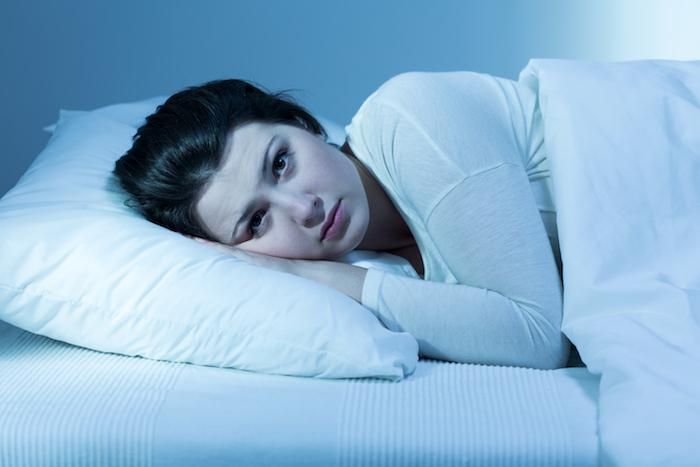Most of us need at least seven hours of sleep per night to function normally during the day. However, if you’re suffering from insomnia, you’re probably praying for any sleep at all. There are medications out there to help you sleep, but they shouldn’t be the first line of treatment. Just modifying certain aspects of your everyday routine can help you more than you know.
The doctors at Carolina Wellness Psychiatry are ready to help you figure out how best to treat your insomnia. By listening to your concerns and noting the severity of your symptoms, they can help to get you the restful night’s sleep you’ve been dreaming of.
Causes of insomnia
Dealing with night after night of little-to-no sleep is frustrating. If insomnia is the culprit, you might be wondering why you have the condition. It can be either primary, where it’s the main problem, or it can be secondary to other conditions. Some of the underlying causes include:
Psychiatric disorders
If a psychiatric condition is at the root of your insomnia, getting the proper treatment from our doctors can greatly increase your chances of getting a full night of sleep. Conditions in this category include:
- Anxiety
- Depression
- Stress
- Post-traumatic stress disorder (PTSD)
Being honest about how you’re feeling can help our doctors diagnose and treat your underlying condition.
Physical conditions
This category describes other medical conditions you have that interrupt your daily sleep cycle. Physical problems that can contribute to insomnia include:
- Allergies
- Lung diseases
- GERD
- Chronic pain
Although you can’t control whether or not you have these issues, you can get proper treatment, which will hopefully lead to hours of uninterrupted sleep.
Medications
Some of the medications you take on a daily basis can actually worsen your insomnia. You most likely need these medications to control a physical condition, but the side effect of sleepless nights may be doing you no favors. Medications that can affect your sleep include:
- Allergy medications
- Blood pressure medications
- Asthma medications
- Depression medications
Different medications may affect you differently, so finding a happy medium between your medications and sleep schedule is something our doctors can help you achieve.
Daily changes to conquer insomnia
No matter what’s causing your lack of sleep, just making small, changes to your daily routine can help you overcome your insomnia. Here are a few modifications you can make for more restful nights:
- Avoid caffeine after lunch; it can stay in your system up to five hours
- Eat a light dinner — at least two hours before bed
- Don’t drink lots of liquid before bed
- Keep your bedroom dark and at a comfortable temperature
- Limit screen time a few hours before sleep.
- Exercise every day to get more restful sleep
- Avoid stimulating activities before bed
- Try yoga and meditation to relax body and mind
- Stick to a bedtime routine; sleep and get up the same time each day
Along with making some of these changes, our doctors may also recommend a sleep diary. This can help you track how much sleep you get on a daily basis, and identify other factors that may be affecting your sleep. Additional things you can log in your diary are naps during the day and how tired you are each morning.
Other treatment options
Sometimes, just making lifestyle changes isn’t enough to get the right amount of sleep you need to function properly. In this case, our doctors recommend a treatment called cognitive behavioral therapy.
This type of therapy focuses on reducing the stress and worry associated with insomnia. It helps you eliminate negative feelings or thoughts that may be getting in the way of restful sleep. Cognitive behavioral therapy is usually the first treatment option, and if successful, can be more effective than medications.
If this is not effective, and you’re still dealing with a lack of sleep, our doctors may recommend medications along with the cognitive behavioral therapy. Make sure to ask about side effects, though, to be certain you’re taking the right medication for you.
If you’re tired of being sleepy during the day due to restless nights, call our office today at 919-446-3232 or book an appointment with us online.




